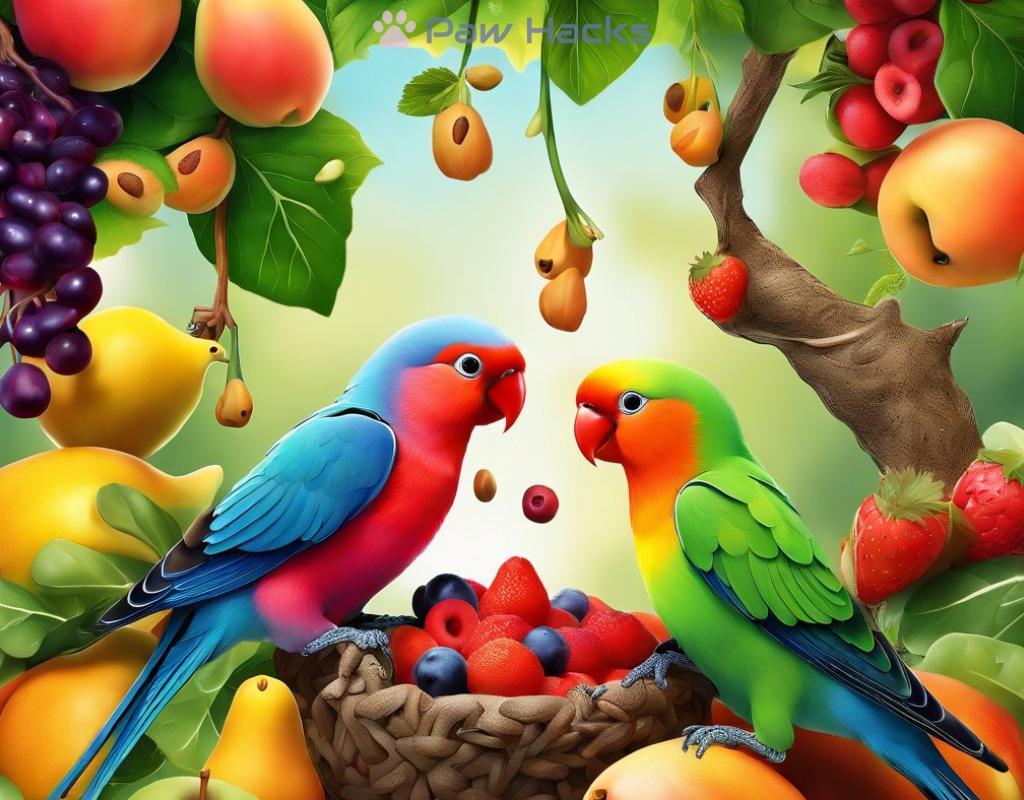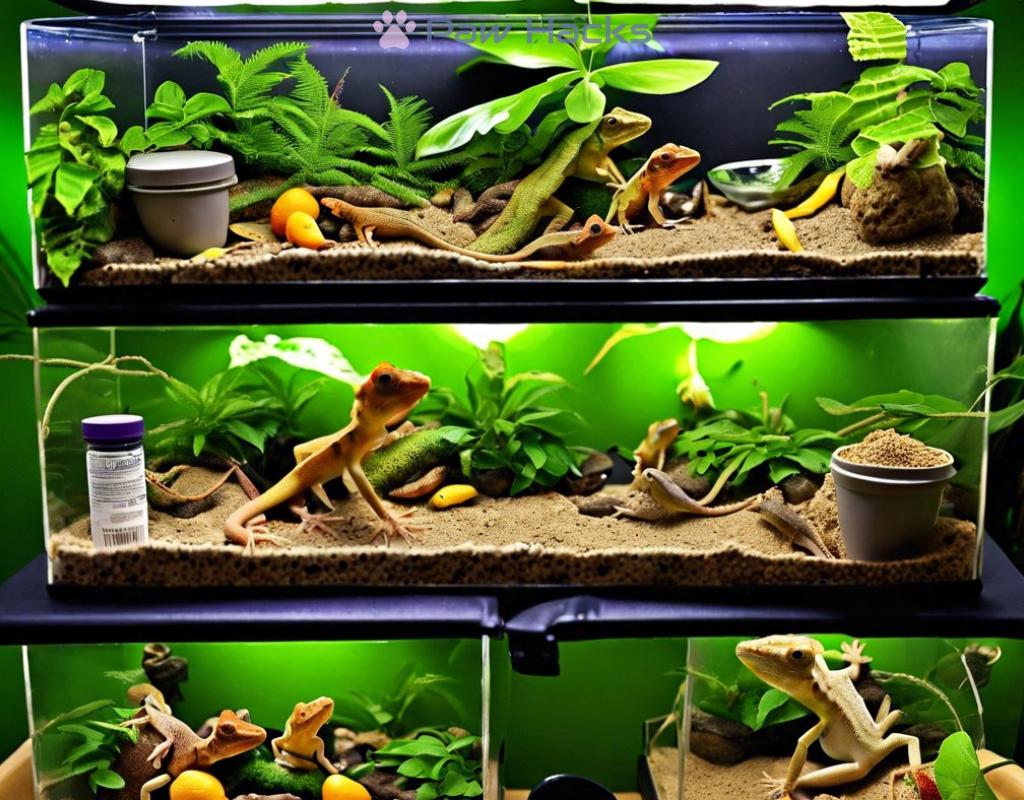Nutritional Needs of Senior Cats
As our feline friends age, their nutritional needs undergo significant changes. Senior cats, typically defined as those aged 7 years and older, require a diet that supports their health and vitality. Understanding these unique dietary requirements is essential for maintaining their quality of life.
Essential Nutrients for Aging Cats
Just like humans, senior cats have specific nutrient requirements that change with age. It’s important to ensure that their diet is rich in the right components to support their overall well-being.
- High-Quality Protein: Senior cats need more protein to maintain muscle mass and overall health. Look for foods that list real meat as the first ingredient.
- Reduced Calories: With lower activity levels, senior cats may require fewer calories to prevent obesity.
- Joint Support: Ingredients like glucosamine and omega fatty acids can help maintain joint health, which is crucial as cats age.
- Hydration: Older cats are prone to kidney issues, so a diet that promotes hydration, such as wet food, is beneficial.
Choosing the Right Food for Your Senior Cat
Selecting the right food for your senior cat can feel overwhelming with the numerous options available. However, understanding what to look for can simplify the decision-making process.
Here are some guidelines to consider when choosing food for your senior cat:
- Read Labels: Ensure the food meets the standards set by the Association of American Feed Control Officials (AAFCO).
- Consult your Veterinarian: Always seek your vet’s advice for personalized recommendations based on your cat’s health status.
- Monitor Weight and Health: Regularly check your cat’s weight and overall health to determine if their diet needs adjusting.
Share this content:



